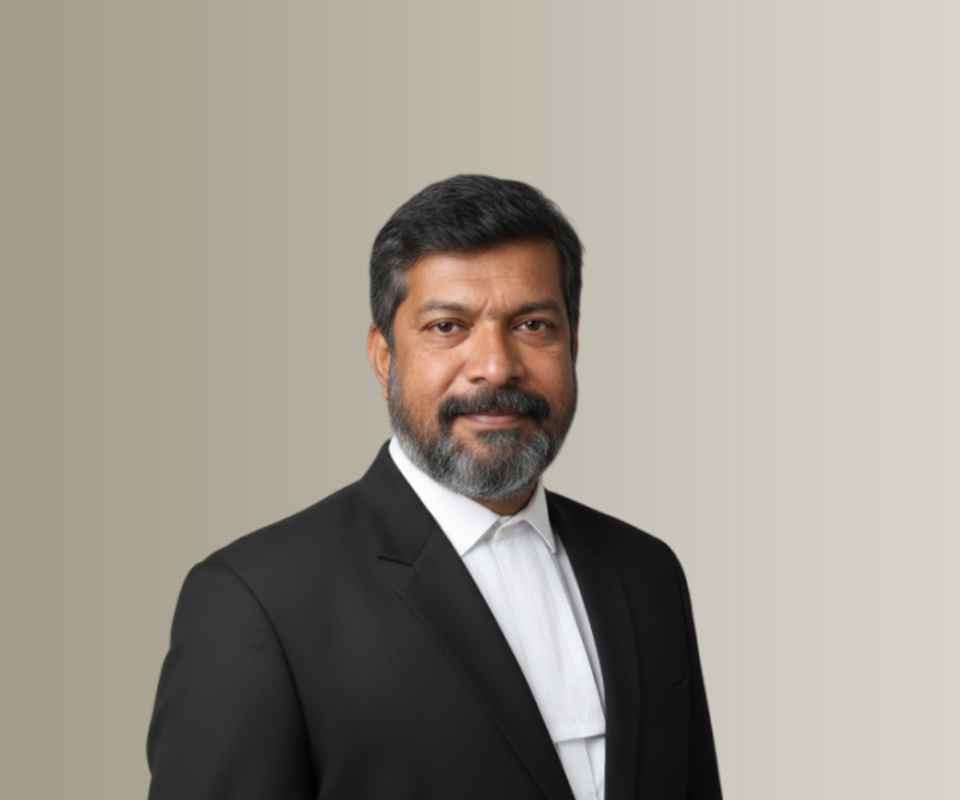Answer By law4u team
Bharatiya Nagarik Suraksha Sanhita, 2023 - Section 353: Accused Person to be Competent Witness
(1) Any person accused of an offence before a Criminal Court shall be a competent witness for the defence and may give evidence on oath in disproof of the charges made against him or any person charged together with him at the same trial:
Provided that—
- he shall not be called as a witness except on his own request in writing;
- his failure to give evidence shall not be made the subject of any comment by any of the parties or the Court or give rise to any presumption against himself or any person charged together with him at the same trial.
(2) Any person against whom proceedings are instituted in any Criminal Court under section 101, or section 126 or section 127, or section 128, or section 129, or under Chapter X or under Part B, Part C or Part D of Chapter XI, may offer himself as a witness in such proceedings:
Provided that in proceedings under section 127, section 128, or section 129, the failure of such person to give evidence shall not be made the subject of any comment by any of the parties or the Court or give rise to any presumption against him or any other person proceeded against together with him at the same inquiry.
Brefe Detail
This section of the Bharatiya Nagarik Suraksha Sanhita, 2023, establishes the rights of an accused person to serve as a competent witness in their own defense during criminal proceedings. It stipulates that:
- The accused may present evidence to counter the charges.
- The accused's testimony can only be requested by them in writing.
- The failure to testify cannot be held against the accused or co-defendants.
- The section also extends this right to individuals in specific proceedings under various sections and chapters.
Question & Answers
Q1: What is the main provision of Section 353?
A1: Section 353 allows an accused person in a criminal trial to be a competent witness for their defense and to give evidence on oath.
Q2: Can an accused be compelled to testify?
A2: No, an accused person cannot be called as a witness unless they request it in writing.
Q3: What happens if the accused does not testify?
A3: Their failure to give evidence cannot be commented on by the parties or the Court, nor can it create a presumption of guilt.
Q4: Are there specific proceedings where this applies?
A4: Yes, it applies to various proceedings under sections 101, 126, 127, 128, 129, and specific chapters of the Act.
Q5: Can the failure of a witness to testify in certain proceedings affect the case?
A5: No, in specific proceedings, their failure to testify cannot lead to negative inferences against them or others involved.
Example
- Scenario 1: An individual accused of theft decides to testify in their defense, providing evidence that supports their innocence.
- Scenario 2: A defendant in a drug-related case chooses not to testify. The court and the prosecution cannot suggest that this indicates guilt.
- Scenario 3: In a domestic violence case, both the accused and a co-defendant have the right to testify, but neither can be penalized for choosing not to.
Summary
Section 353 of the Bharatiya Nagarik Suraksha Sanhita, 2023, safeguards the rights of accused individuals by affirming their competence to testify in their defense during criminal trials. It emphasizes voluntary testimony, protects against negative inferences for not testifying, and extends these rights to specific proceedings, ensuring a fair legal process.







